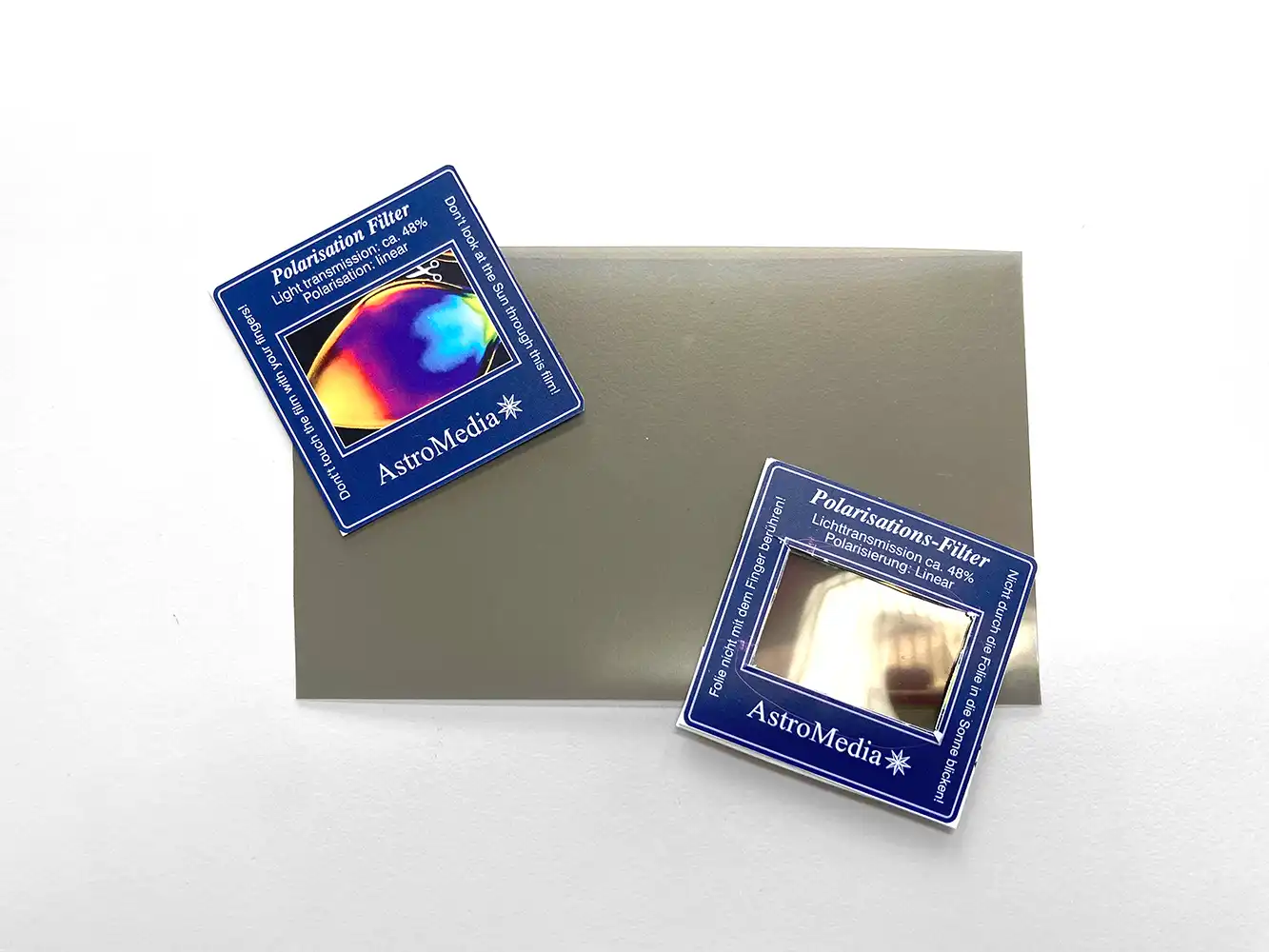
When I was a teenager, I liked to take analogic photos with my father’s old camera. He had several polarising filters that could be used to enhance the colour of the sky and the shape of the clouds. I liked to play with them. One day I put one filter on top of the other and tried to rotate them. Surprisingly, if in one position, they were transparent, when I rotated them 90º, the superposition turned out to be completelly opaque. Light did not go though.
Polarisation is a property of waves that implies a certain orientation of its oscillation. A polarising filter organizes and orients light in certain ways, so that light waves oscillate in certain directions but not in others. The superposition of multiple filters allows for the control of light, a challenge in many places in the world.
Years later, in a course about innovative construction materials at the School of Architecture, I decided to experiment with those filters from my dad and produced a propotype for windows. In Spain, blinds are mandatory, for the sun during the summer needs to be kept outside. The idea was to generate a circular window with double polarising glass, so if one rotates 90º, the room could become pitch dark. The design seemed almost like science fiction, even the aesthetics resembled a spaceship. The further we got to build it was a small model. I am sure my parents still keep it somewhere where light does not go though.